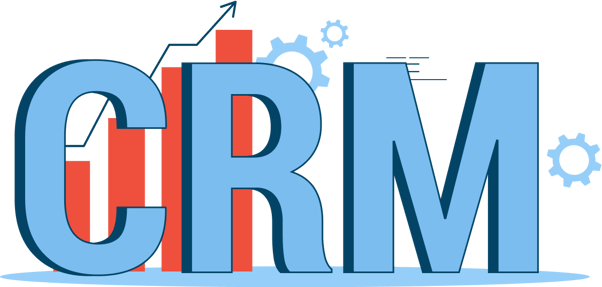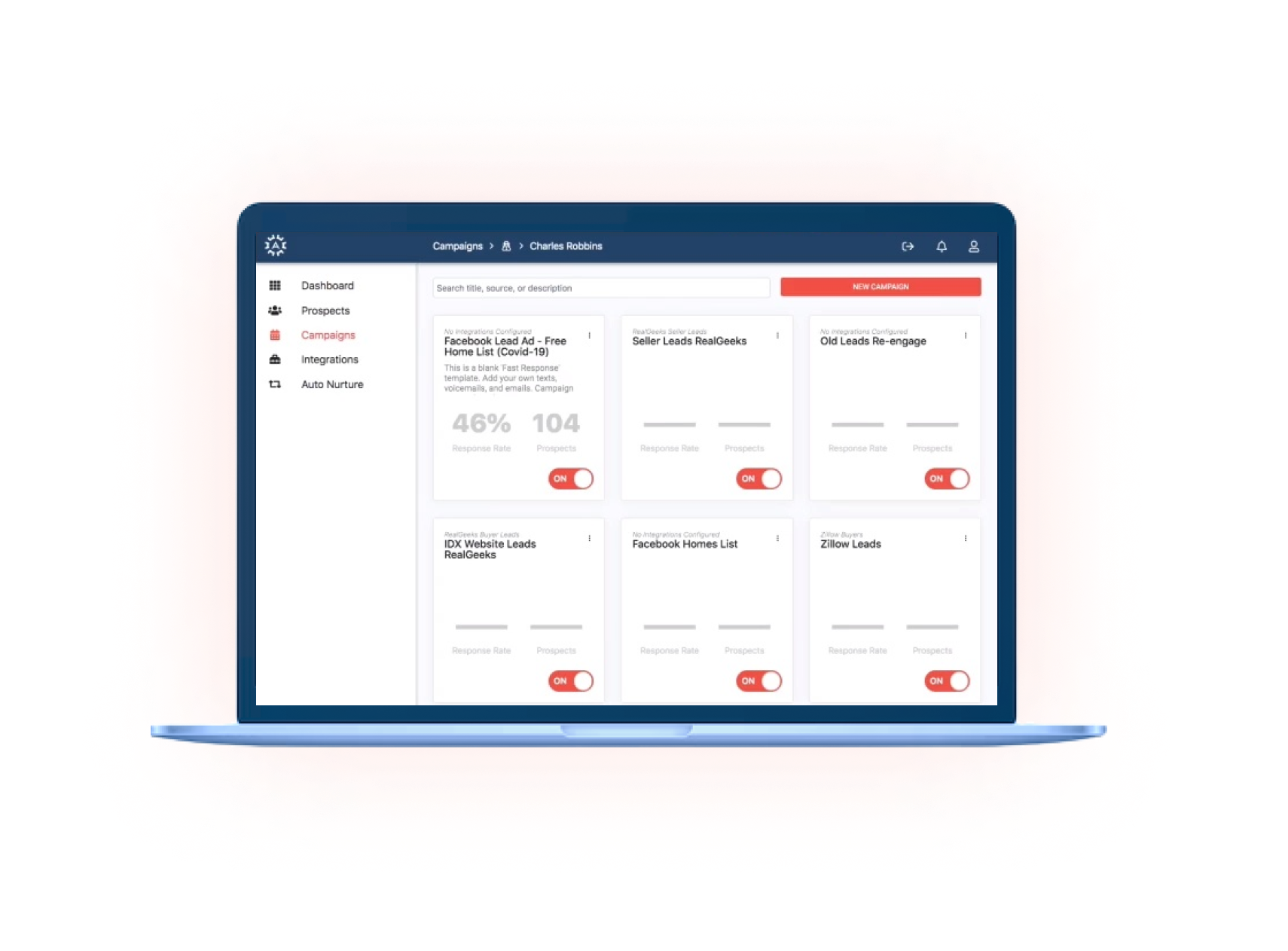Saying that the real estate market is big is an understatement. The industry is worth trillions of dollars and is one of the leading contributors to the nation’s GDP. Being a profitable industry, competitors are lurking in every corner.
This is why effective real estate lead management matters. Lead management software needs to be efficient and intuitive if you want to secure, and then convert leads. What business doesn’t want more leads? We certainly can’t think of any.
But, the question is, what do you do with the leads once you have them? With that question in mind, in this post, we’ll cover six winning strategies for effective real estate lead management!
1. Centralize Your Collection of Leads
One of the more difficult aspects about leads is that they tend to be scattered everywhere. Lead generation can occur through your website, blogs, various social media platforms, emails, or even by word-of-mouth. With various lead sources that generate leads around the clock, it is not uncommon for leads to be left behind or missed altogether.
To avoid losing out on potential conversions, it is important to centralize your collection of leads. For starters, you may choose to simply create an electronic spreadsheet to store basic lead information like names and emails. If you have more detailed information available and/or require lead filtering -- a customer relationship manager (CRM) will be more suitable.

By centralizing your collection of leads, you’ll have access to all your current and future leads in one place. On top of retaining leads, easy accessibility will allow your team to be more productive and time-efficient.
2. Setting Up Lead Management Systems
Jumping into real estate lead management systems without a plan is like baking a cake without a recipe. You might be okay, if you’re a seasoned baker, but the more likely result is a big mess and wasted precious time.
So, what exactly is a lead management system? A lead management system is a series of steps that guide and persuade leads into buying your product.
As you get more experienced with lead management, you may choose to deploy several lead management systems at once. This way, you can tailor each system to a specific type of lead (e.g. qualified, unqualified).
To set up your lead management systems, you’ll first want to define specific business goals, understand your buyer persona, and record baseline metrics which will be later used for comparisons. This way, you’ll have a better idea of what works and what doesn’t.
3. Personalized Automation of Follow Ups
Automation is the future, and those agents not using it are getting left behind. By automating real estate lead follow up management, your business and its team of agents will be able to connect with more leads in less time.
However, it’s important to note that automation isn’t perfect. Automated follow ups can save time and efficiency, but only if handled with care. It’s crucial that follow ups don’t appear templated, copy-and-pasted, and well — automated. There’s nothing worse than sounding like a scammy sales person rather than an expert real estate agent.

Personalized automation is the solution. You gain all the benefits of automation without sacrificing your brand voice or authenticity. Show your leads that you have all the time in the world for them - even if the reality is you don’t.
4. Real Time Automated Lead List Update
Lead lists can change at any given moment. Some leads may choose to opt-in to your newsletter in exchange for their email address. Others may choose to fill out a form that was linked to from a specific social media channel. Some may even choose to opt-out for whatever reason.
Real time automated lead list updates can improve accuracy, and help you to avoid wasting time and resources. This accuracy can also help you avoid disrupting disgruntled “ex-leads” while ensuring that fresh new leads still interested in your services get the information that they need.
With automated lead list updates, there’s also no need to dedicate yourself or a member of your team to continuously monitoring the lead list.
5. Monitor Lead Follow Up by Agents
Looking over an agent’s shoulder to see if they’ve followed up with a lead - well let’s just say it’s not the best approach to monitoring real estate leads. Still, it is important to monitor lead follow up by agents. Make sure to review real estate follow up systems daily to see if agents are properly completing their jobs.

Why is this so important? Not following up with a real estate lead can cause you to lose their business. It shows you don’t really care about earning that lead’s loyalty, let alone making the sale.
6. Tapping Into Past Clients for Better Conversion
Dead-end leads and past clients should not be dismissed like yesterday’s news. In fact, these groups could stand to make up a large portion of your potential lead conversions.
Store information on leads and past clients so that they can be appropriately tapped into in the future. The more information you have, the more likely your future campaigns will reach the right people. A CRM is a great asset when it comes to storing and easily retaining lead information.
Automated Lead Management With Agent Legend
Automated real estate lead management can guide your leads through the various touch points that are needed effortlessly, and without you having to lift a finger. Intrigued by personalized automation or real time lead list updates?
Agent Legend is here to automate lead follow up in your voice and personality to create an experience your leads will love! We’re eager to help make you a legend in real estate. Click here to get started for free.


